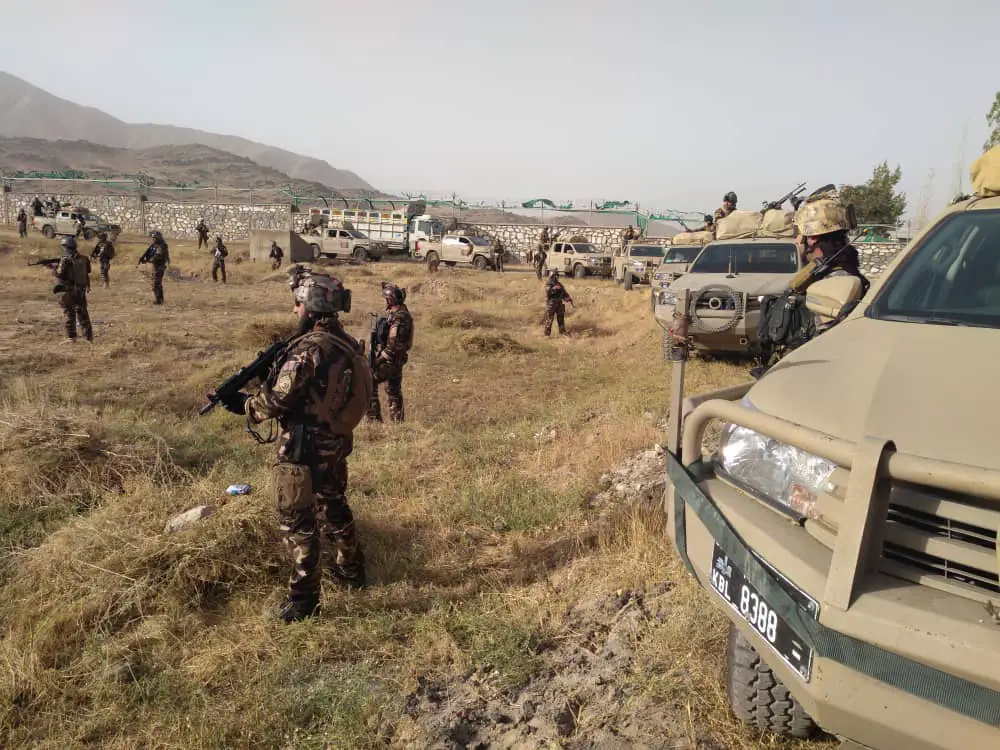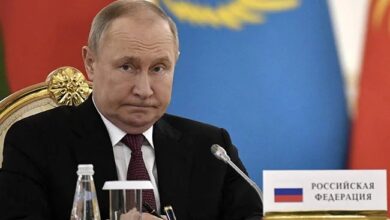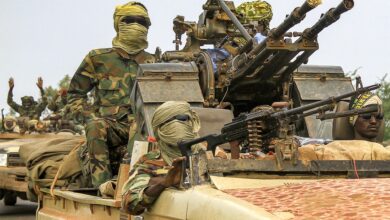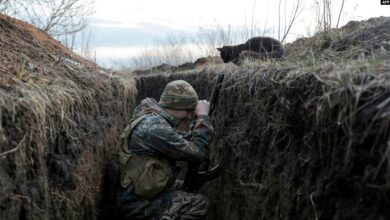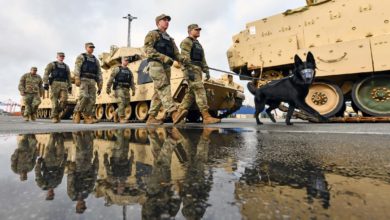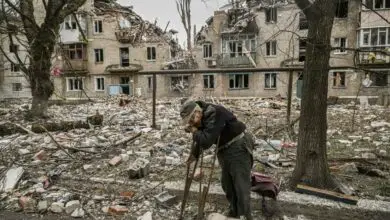Thorny peace process leaves Afghanistan with a sense of deja vu
The thorny path to peace in Afghanistan, fast-tracked by U.S. President Donald Trump’s rush to withdraw troops, has left many war-weary Afghans with a strange sense of deja vu.
With rising concerns and cautious optimism, Afghans are waking up to the emerging details from a marathon round of talks between U.S. Envoy Zalmay Khalilzad and Taliban representatives in the tiny, but wealthy Arab state of Qatar.
Afghanistan has been in the vicious cycle of war with brief phases of peace for the past four decades.
In his initial remarks upon returning from six days of talks in Doha, Khalilzad told journalists in the Afghan capital that the key to peace lies in Kabul.
“We are in a hurry for the sake of the Afghan people to end the violence as soon as we can. We cannot leave the situation in a state of uncertainty. We need to complete the process,” the seasoned Afghanistan-born U.S. diplomat said last year, while hinting at the Trump Administration’s impatience with the longest war in American history.
A diverse spectrum of Afghans in conversation with The Defense Post said they got the impression the Taliban was returning to center stage. The government in Kabul, however, feels abandoned by Washington at this crucial juncture in an election year.
Afghanistan’s deep rural – urban divide
Mohammadullah, a native of Ghazni province, lost five brothers, his father and three uncles during the Soviet occupation and the U.S.-backed resistance in Afghanistan in the 1980s. When the Red Army left hurriedly, the country plunged into a bloody war and years of chaos.
His hometown, Shelgar, a dusty country town in central Afghanistan, remained under the strong control of the Taliban for years, even after the fall of their regime.
People, mostly those with suspected links to the government, kept getting killed here, as did civilians caught in the crossfire operations conducted by the security forces against the Taliban.
“We are extremely thirsty for peace … day and night, we pray for the war to end,” said the father of four who is in his late 40s with long grey beard, a tanned faced and sparkling brown eyes.
Like many of his peers in rural Afghanistan, which is predominantly controlled or influenced by the Taliban, Mohammdullah simply wants an end to the war through a peace deal with no strings attached.
Scores of his distant and close relatives have fled their hometown, and those left behind have either joined the ranks of the Taliban, or adopted a life of socio-political isolation due to the fear of the rebels.
In clear contrast to this, the new generation of Afghans brought up in the relative peaceful, progressive and diverse urban environments are profoundly against the idea of reversing their rights and liberties. They see the Taliban as savage warriors with no agenda or desire for state-building, services to the masses and economic development.
A Kabul-based female journalist, also from Ghazni province, who wished not to be named due to fears of backlash, told The Defense Post she can’t sleep properly these days since the U.S. has shown intent to hurriedly withdraw troops and allow the Taliban to return.
“I am having nightmares about the Taliban roaming on the streets in Kabul, thrashing women, chopping hands of men,” she said. The journalist works for one of hundreds private radio channels established across the country with the generous international funding for Afghanistan during the past 17 years.
Her hometown in Ghazni was last year overrun for almost a week by the Taliban, who wreaked havoc all over the province.
The Afghan Women Network, Afghanistan Independent Human Rights Commission, Nai – Supporting Open Media organizations and many more civil society groups have voiced their concerns over the haphazard way negotiations took place between the U.S. and the Taliban.
Messy political wrangling, foreign meddling
As Afghanistan prepares for landmark presidential elections later this year, the rush on the part of the U.S. for a dignified exit has further fueled divisions among the already deeply divided political leadership in the country.
President Mohammad Ashraf Ghani said on Wednesday peace cannot be achieved behind closed doors through a minority. Addressing a ‘Youth Conference for Peace,’ Ghani said Afghanistan does not want a passing peace, but a sustainable one.
One of his rival presidential candidates, Mohammad Haneef Atmar, has dubbed the Kabul administration too exclusive and incompetent to make a peace deal. He tweeted that “the government can only play a key role when it comes out of isolation and discriminative approach, unite the nation and pay sacrifice of power for peace.”
Atmar has asserted that the Ghani government cannot lead the peace process.
Amrullah Saleh, Ghani’s top aide and a vice presidential candidate, showed a more blunt opposition to the way things are moving ahead on the proposed peace front. He accused the Pakistani military of plotting the Qatar talks to steer the U.S. to surrender the government in Afghanistan to the Taliban.
Afghanistan has long been accusing Pakistan of imposing an ”undeclared war,” a charge rejected by Islamabad.
“The determination and will for peace has always been in Kabul but the key to peace has always been hostage in GHQ/Rawalpendi [headquarters of the Pakistani Army],” Saleh tweeted in response to Khalilzad’s earlier statement in which the U.S. envoy said the key to peace lies with the Afghan government.
“Afghans have been victims not culprits. So a package to re-victimize a victimized nation and condemn it to humiliation isn’t practical or sustainable,” he added.
Away from the quarters of power and nitty-gritty of the proposed deal, the feeling of having no control over the way things might slip suddenly is prevalent among all war-weary Afghans.
Fear and mourning in Afghanistan: Hazaras mark the festival of Muharram in fragile Dasht-e-Barchi

